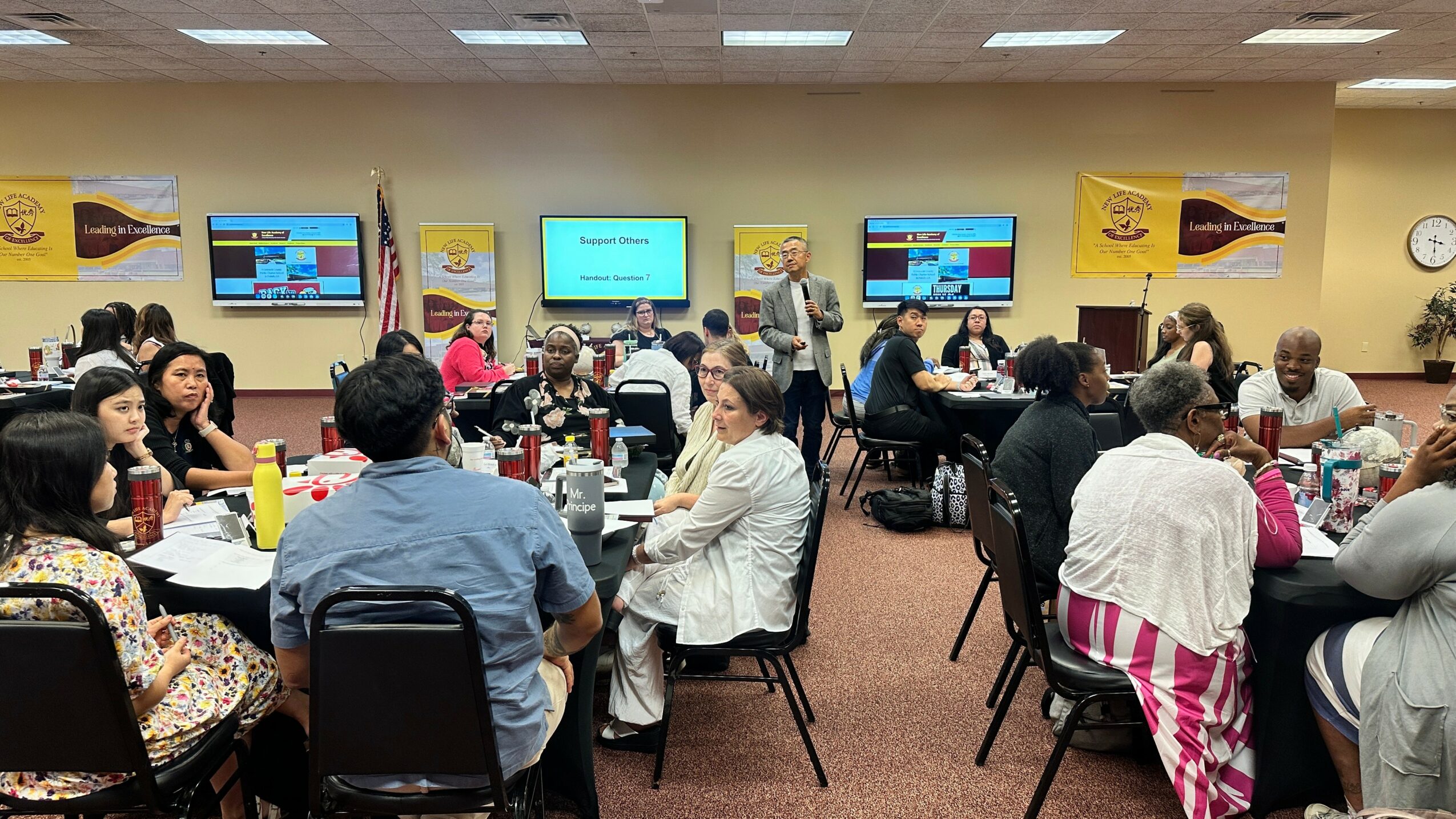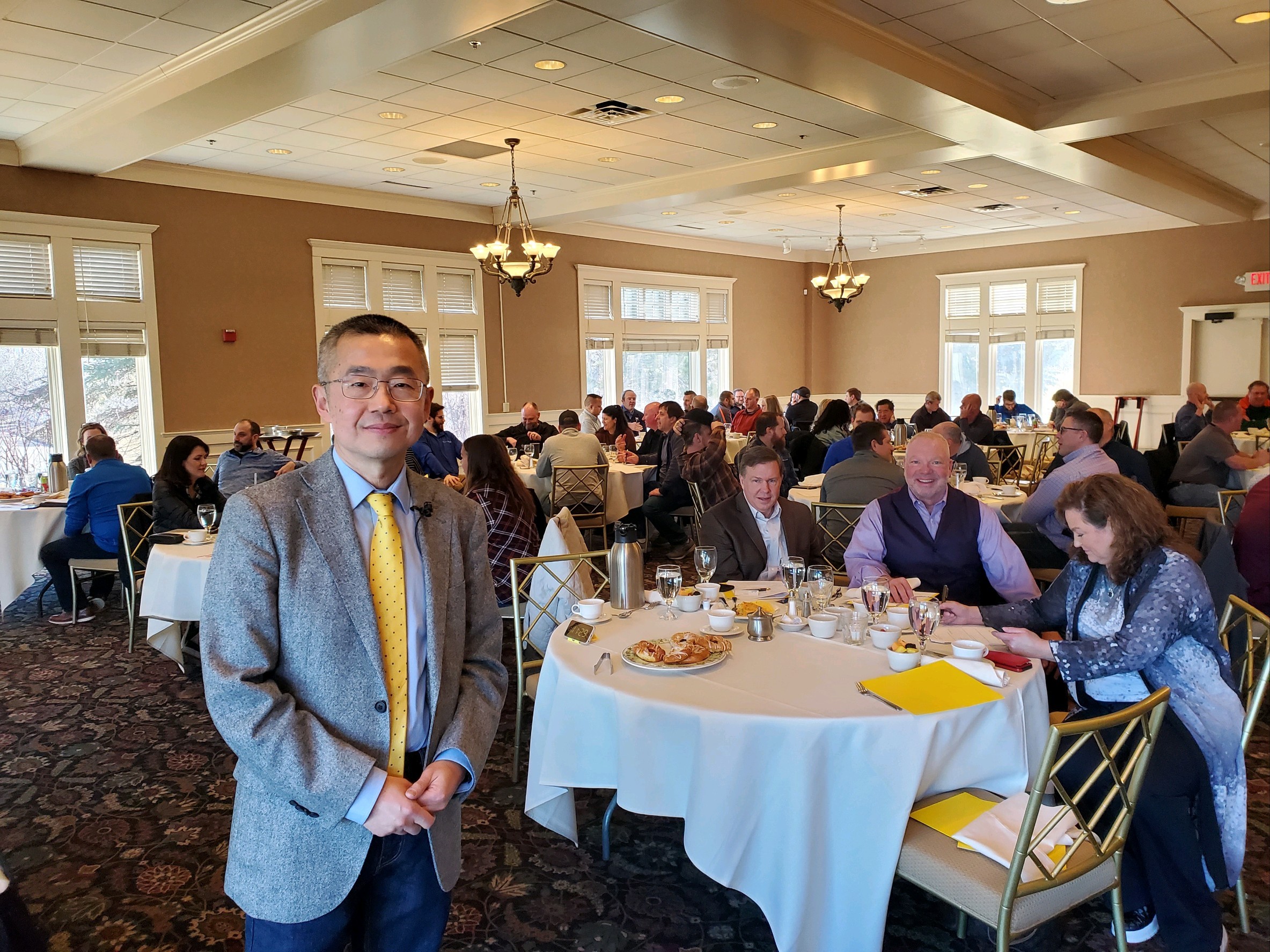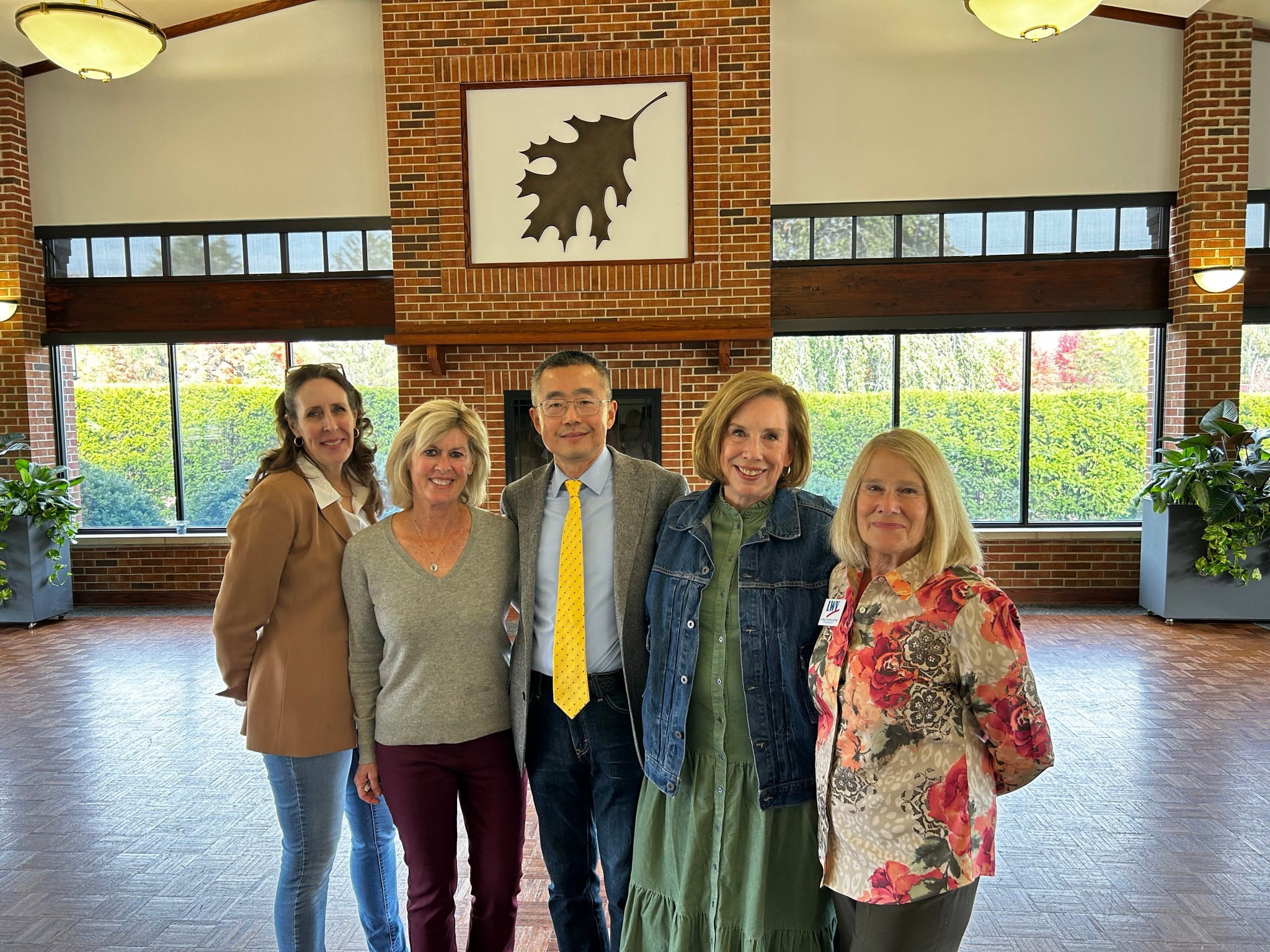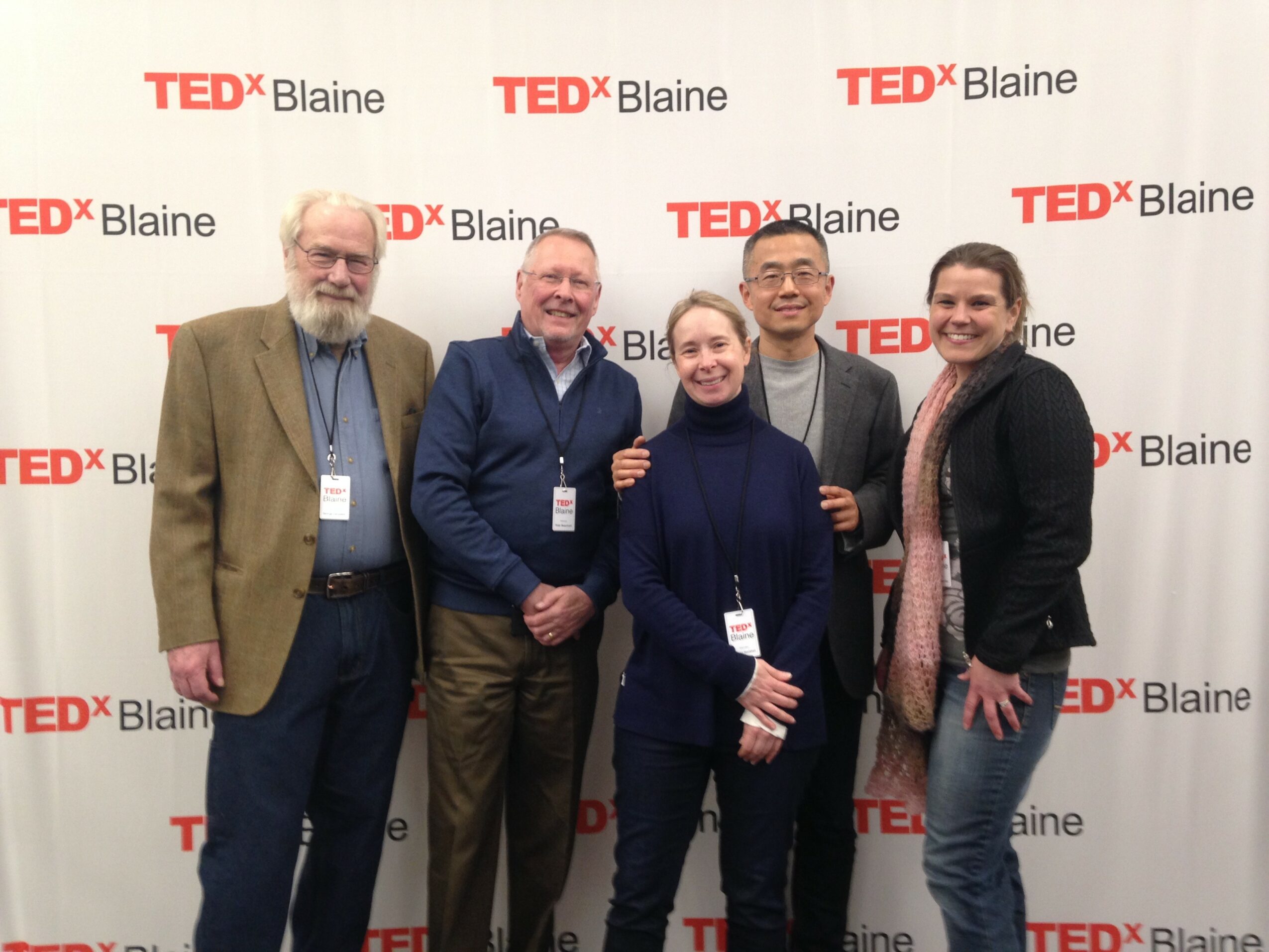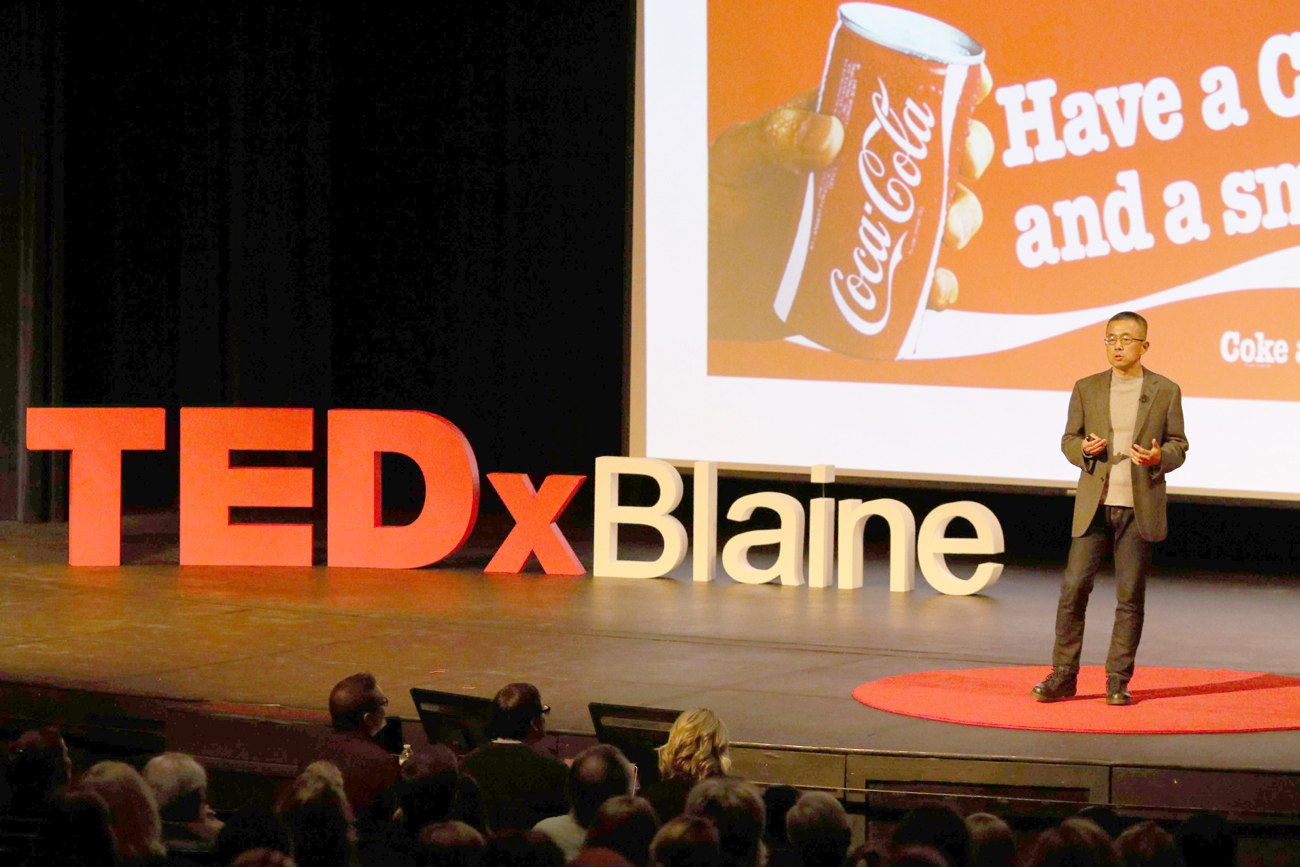

Today we’d like to introduce you to Terry Wu.
Hi Terry, it’s an honor to have you on the platform. Thanks for taking the time to share your story with us – to start maybe you can share some of your backstory with our readers?
My path to becoming a keynote speaker and trainer on the neuroscience of leadership began with my Ph.D. in neuroscience at Vanderbilt University, where I studied learning and memory. After years in different professional roles, I entered the speaking world and immediately noticed something troubling: the leadership industry was saturated with unverified stories and feel-good anecdotes, but extremely light on evidence-based insights. My scientific training revealed that while all the authors, speakers, coaches, and trainers focused on teaching leaders how to lead, few examined the science of Why People Follow.
The leadership failures exposed during the pandemic crystallized my mission. Despite billions spent annually on leadership development, leaders were unprepared for real-world challenges. I realized I could bring my neuroscience expertise to address this gap by investigating the biological foundations of leadership.
What I discovered was both groundbreaking and straightforward: our biological response to stress is to pass it onto others, and leaders, by virtue of their authority, have the greatest power to do so. This fundamental insight explains most bad leadership behaviors and illuminates what effective leadership should look like.
I’ve developed a scientific framework that helps leaders manage stress in both directions – preventing them from passing their own stress to their teams while supporting their teams in managing life and work stressors effectively. The response has been remarkable. Audiences consistently tell me, “This is the best leadership training I have had.” Many share how these insights have transformed not just their professional leadership but their personal relationships as well.
Today, I’m pioneering a new approach to leadership development by replacing feel-good fables with science-powered strategies. My work has resonated strongly with leaders who crave substance over storytelling, and I’m currently expanding this mission through speaking engagements and a forthcoming book on the neuroscience of leadership.
We all face challenges, but looking back would you describe it as a relatively smooth road?
The road has been anything but smooth. The speaking industry is highly competitive, and I’m challenging the status quo in a field that’s comfortable with its existing formulas. One of my biggest obstacles has been that not many event organizers even realize that complex neuroscience can be made accessible and applicable to their audiences. They’re accustomed to booking entertaining storytellers, not scientists who can translate research into actionable insights.
As someone new to speaking, I face the challenge of low name recognition compared to well-known speakers who may offer fluffy, superficial content but have spent years building their brands. It’s frustrating when you know you’re delivering groundbreaking, neuroscience-driven content, but you’re competing against established names who’ve mastered the art of performance over substance.
Another unexpected challenge has been the lack of support within the speaking community itself. Most speakers are extremely protective of their territories and operate in cliques. There’s little collaboration or mentorship – instead, it often feels like everyone is guarding their piece of the pie rather than elevating the profession as a whole.
Despite these challenges, I’ve stayed focused on what I can control: delivering exceptional content that creates real value for audiences. Over the past two years, I’ve seen growing interest in my talks and workshops. Leaders are hungry for evidence-based insights, and as more people experience my approach, word is spreading. The feedback I receive – from audience members who tell me this knowledge has transformed how they lead and even how they relate to their spouses – confirms I’m heading in the right direction.
It’s a slower path than following the conventional playbook, but I believe pioneering something genuinely valuable is worth the struggle.
Thanks for sharing that. So, maybe next you can tell us a bit more about your business?
I specialize in bringing the neuroscience of leadership to organizations and events, with a particular focus on the biological foundations of Why People Follow. What sets me apart is that I’m an actual neuroscientist – not someone who borrows scientific concepts secondhand – and I’ve developed a proprietary framework connecting stress and leadership that explains and predicts both effective and ineffective leadership behaviors.
My core offering centers on this groundbreaking insight: humans have a biological tendency to pass stress onto others, and leaders, by virtue of their authority, have the greatest power to do so. This simple biological fact illuminates virtually all leadership dynamics and provides a scientific foundation for understanding what makes leaders effective or destructive.
Through keynote presentations, workshops, and training programs, I help leaders at all levels understand how to manage stressors bidirectionally – preventing themselves from passing stress down to their teams while also supporting their teams in managing stressors so stress doesn’t flow back up. This isn’t theoretical – it’s practical, science-backed strategy that audiences can immediately apply.
What I’m most proud of is my ability to make complex neuroscience accessible and actionable. I don’t just present research findings; I translate hard science into stories and frameworks that non-scientists can easily understand and implement. Audiences consistently tell me, “I wish I understood this earlier.” Many share how these insights have transformed not just their professional leadership but their personal relationships as well.
I’m also known for my critical approach to the leadership industry itself. While other speakers recycle feel-good fables and chase buzzwords like authenticity and vulnerability without evidence, I focus on applying biology to explain human behavior. My presentations often challenge popular leadership theories by asking what the science actually shows versus what makes for compelling storytelling.
What readers should know is that my work represents a fundamentally different approach to leadership development. Instead of “how leaders should lead,” I investigate “why people follow.” Instead of borrowed anecdotes, I provide evidence-based frameworks. Instead of entertaining fluff, I deliver life-changing knowledge grounded in our universal biology.
My recent speaking engagements have included audiences of over 2,100 people at major conferences like SHRM, with exceptional feedback ratings. I also write op-ed articles analyzing current events through a neuroscience lens and am currently working on a book on the neuroscience of leadership.
If you’re tired of leadership training that sounds good but delivers little, if you want to understand the biological “why” behind leadership dynamics, or if you’re seeking evidence-based strategies that create lasting change, that’s what my work provides. I’m pioneering a science-first approach to leadership development, and the growing response from audiences and organizations confirms there’s real hunger for substance over style in this space.
What matters most to you? Why?
What matters most to me is bringing truth and substance to a field that desperately needs it. The leadership development industry has become a multi-billion dollar enterprise built largely on feel-good stories and unverified anecdotes, yet we continue to see massive leadership failures and worker dissatisfaction across all industries. This disconnect troubles me deeply as a scientist.
I’m driven by the belief that leaders deserve – and their teams need – evidence-based insights rather than recycled fables. When billions are spent on leadership training, yet leaders feel unprepared for real challenges, something is fundamentally broken. My mission is to bridge that gap by translating rigorous neuroscience into practical strategies that actually work.
What makes this meaningful to me is the impact I see. When audience members tell me they finally understand why their workplace feels so stressful, or why their marriage has been struggling, or why a simple biological insight has changed how they lead – that’s when I know this work matters. I’m not just entertaining people for an hour; I’m equipping them with knowledge that can transform their lives and the lives of those they lead.
As a scientist, I’m also committed to intellectual honesty and critical thinking. In a world flooded with misinformation and popular theories that sound compelling but lack evidence, I believe it matters to question conventional wisdom and demand proof. The popularity of an idea doesn’t make it true, and my training has taught me to always look for alternative explanations and examine the evidence.
Ultimately, what matters most is creating lasting, positive change through knowledge that’s grounded in science rather than speculation. Leaders have enough noise – what they need is clarity based on how humans actually function at a biological level.
Contact Info:
- Website: https://www.WhyTheBrainFollows.com

